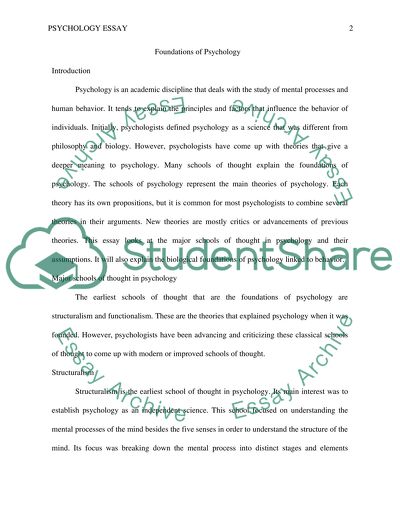Cite this document
(“Foundations of Psychology Essay Example | Topics and Well Written Essays - 1250 words - 1”, n.d.)
Retrieved from https://studentshare.org/psychology/1461947-foundations-of-psychology
Retrieved from https://studentshare.org/psychology/1461947-foundations-of-psychology
(Foundations of Psychology Essay Example | Topics and Well Written Essays - 1250 Words - 1)
https://studentshare.org/psychology/1461947-foundations-of-psychology.
https://studentshare.org/psychology/1461947-foundations-of-psychology.
“Foundations of Psychology Essay Example | Topics and Well Written Essays - 1250 Words - 1”, n.d. https://studentshare.org/psychology/1461947-foundations-of-psychology.


